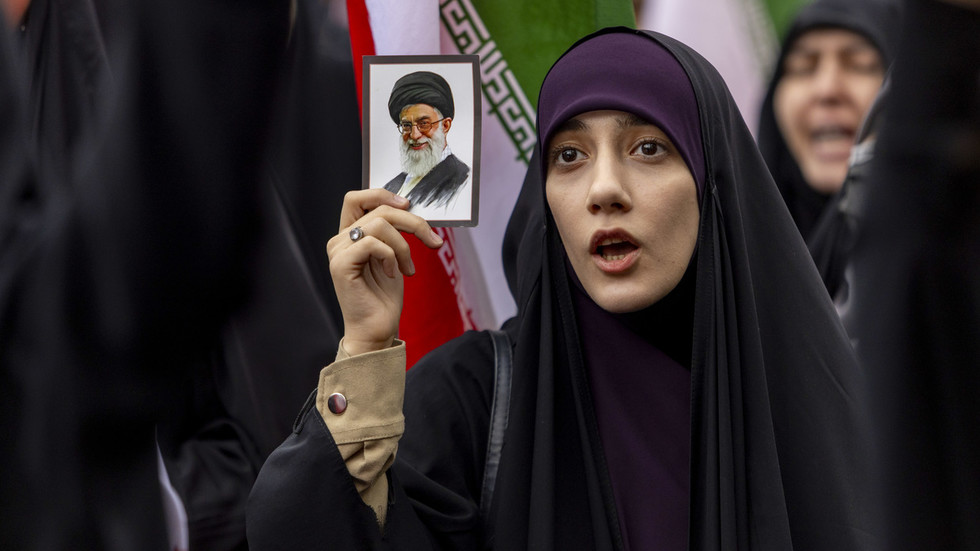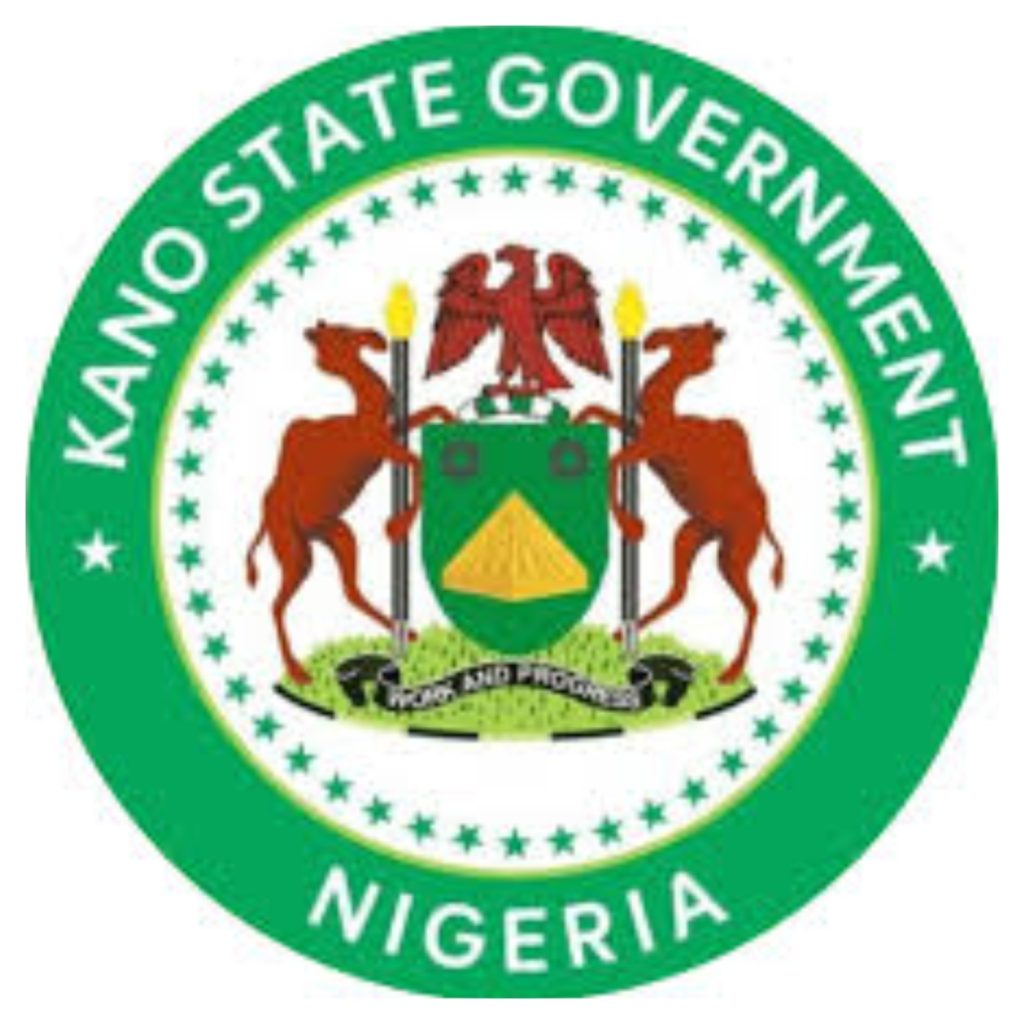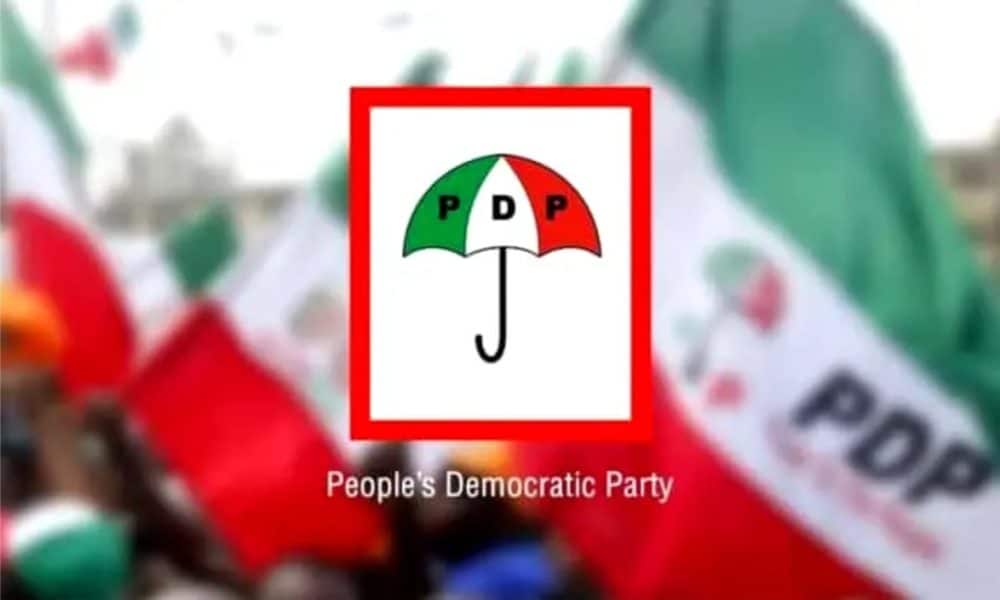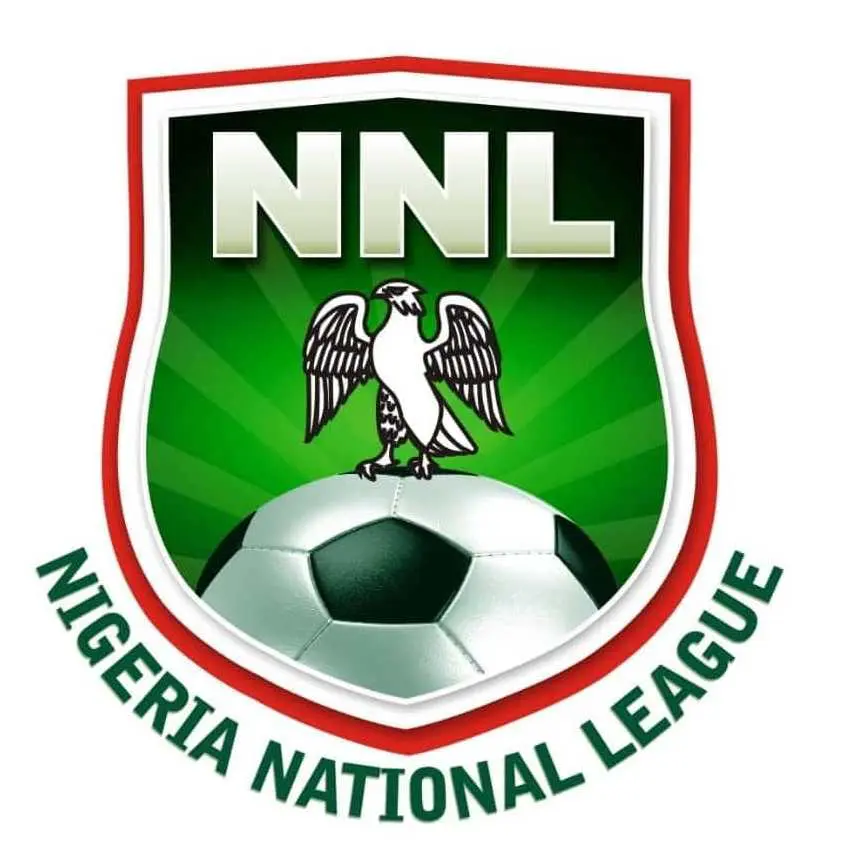In a sharp critique of Nigeria’s opposition parties, Anambra State Governor Chukwuma Soludo claimed the Labour Party (LP) and African Democratic Congress (ADC) have lost political relevance in the southeastern state following recent by-election results. Speaking at a victory rally in Nanka on Sunday, Soludo, who represents the All Progressives Grand Alliance (APGA), dismissed the two parties as “dead” and “non-existent” after APGA secured over 75% of votes in Saturday’s by-election.
The governor specifically targeted Peter Obi, the LP’s 2023 presidential candidate, who had backed ADC candidates in the polls. “ADC does not exist in Anambra. We showed it yesterday, Saturday. Labour Party is dead,” Soludo declared, framing the outcome as a public rebuke of the opposition coalition. He asserted that the ADC, which had collaborated with smaller parties to test its strength ahead of the 2027 general elections, failed to gain traction, with voters instead reaffirming APGA’s dominance. “The people spoke overwhelmingly,” he said, calling APGA a grassroots “movement” rather than a conventional political party.
The remarks intensify simmering tensions between Soludo and Obi, once allies in the APGA before Obi’s move to the LP. Analysts note the by-election, though local, carries broader implications as opposition factions seek to unify against President Bola Tinubu’s All Progressives Congress (APC) in 2027. Obi, a former Anambra governor, has recently aligned with the ADC-led coalition, positioning it as a potential challenger to the ruling party. Critics, however, argue the coalition’s poor performance in Anambra—a traditional opposition stronghold—raises questions about its viability.
APGA, founded in 2002, has long held sway in Anambra, with Soludo’s 2021 election reinforcing its regional influence. Meanwhile, the LP gained unexpected national prominence during Obi’s presidential bid, which drew significant youth support. Saturday’s results suggest its appeal may be waning in its southeastern base, though the party retains pockets of support elsewhere.
Political observers caution against extrapolating the by-election’s outcome to national trends, noting voter turnout and local grievances often shape such contests. Nevertheless, Soludo’s blunt assessment underscores the high stakes for opposition groups as they navigate alliances ahead of 2027. With Nigeria’s political landscape increasingly fragmented, the coming months will test whether coalitions like the ADC-LP partnership can overcome internal divisions and present a unified front—or remain sidelined by established parties.



